Our Work
We work with rural community members and girls in Kogi State Nigeria to mitigate the disadvantages that hinder girls from accessing education. Our programs include school sponsorships, mentorship programs, workshops and interventions to help girls gain the skills they need to succeed. We also provide training and resources to teachers, to ensure that girls are given the best education possible. We work to build awareness in communities about the importance of girls’ education, and to advocate for girls’ rights to access quality education.
Live Project
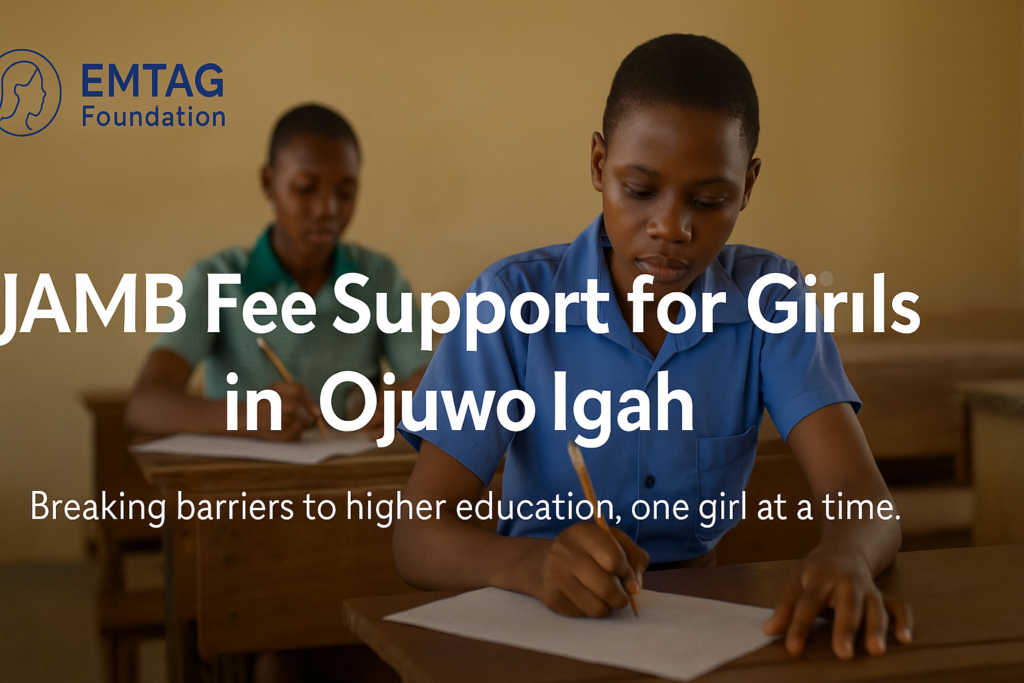
At EMTAG Foundation, we believe that access to education shouldn’t end at secondary school — and that no girl should be left behind because she can’t afford an exam fee.
Our JAMB Fee Support Project for Girls in Ojuwo Igah is a new initiative designed to help girls in rural Kogi State transition to higher education by covering the full cost of their Joint Admissions and Matriculation Board (JAMB) registration.
Previous projects
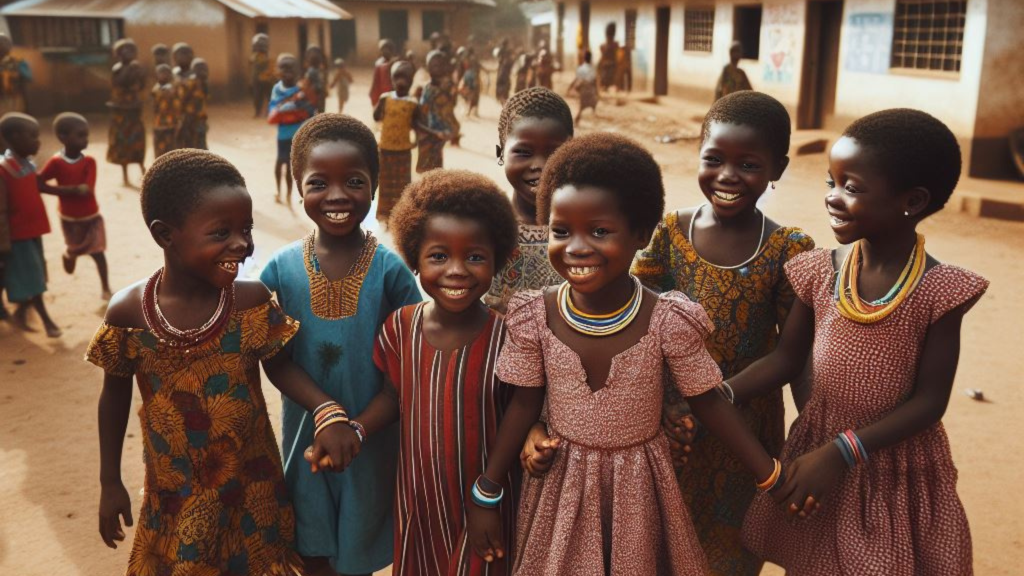
GIFTS Project
At EMTAG Foundation, we are thrilled to announce the launch of our latest initiative, the Girls Initiative for Future Transformation Scholarship (GIFTS) Project. This groundbreaking project aims to uplift and empower underserved girls in the Ogbogba community, with quality education.
Pad the Girl-Child Campaign
EMTAG Foundation through the little resources at her disposal has carried out online and offline grassroots projects that have reached over 300 girls and young women in Kogi State. Notable amongst them is the ‘Pad a Girl Child’ campaign carried out in 2021.
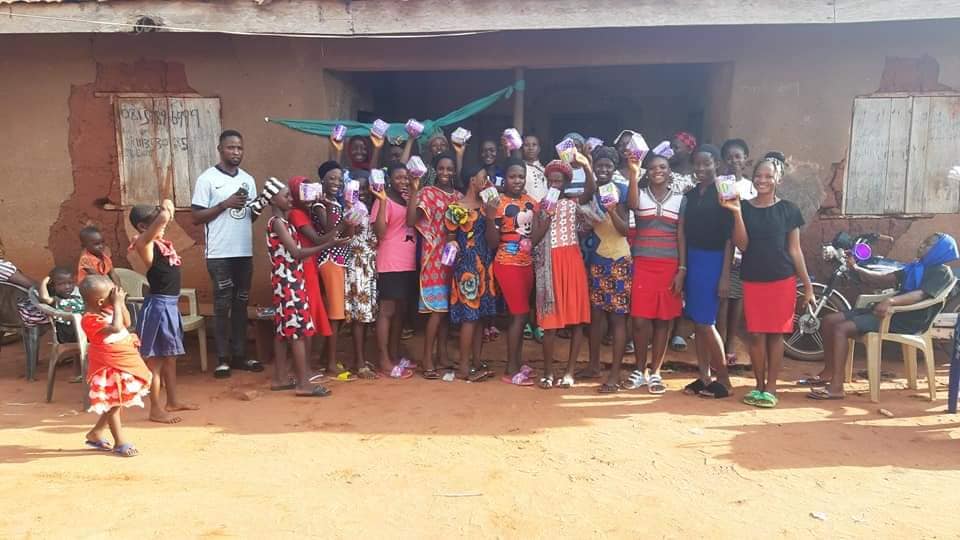
100 Girls- Leveraging Scholarship Opportunities
At EMTAG, we believe that education is the key to unlocking opportunities and empowering girls to reach their fullest potential. With this vision in mind, we initiated the 100 Girls Project. The project was designed to bridge the gap between talented young girls in Nigeria and international scholarship opportunities. Our goal was to equip 100 girls with the information, resources, guidance, and support they need to navigate scholarship applications and secure funding for their higher education.
Throughout the project duration, a series of webinars were organized to inform girls about available scholarships, both locally and internationally. These webinars provided crucial insights into the application process, eligibility criteria, and strategies for crafting competitive applications. Following the webinars, participants were added to dedicated WhatsApp groups where they could continue to seek guidance and support from mentors and peers. The groups served as platforms for ongoing discussions, Q&A sessions, and the sharing of resources and experiences. Additionally, the project team provided individualized assistance to girls, offering personalized guidance on scholarship applications, essay writing, and other aspects of the application process.
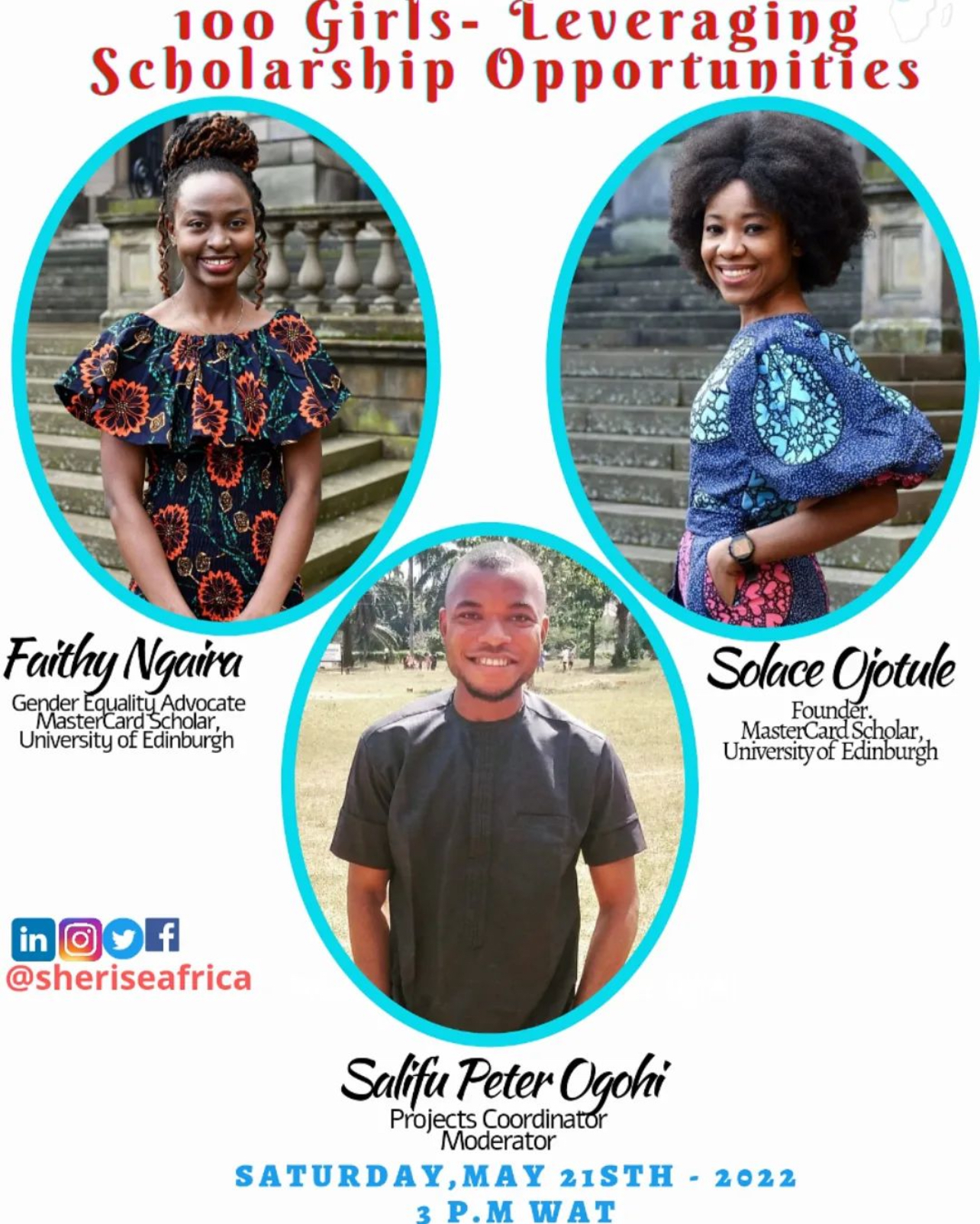
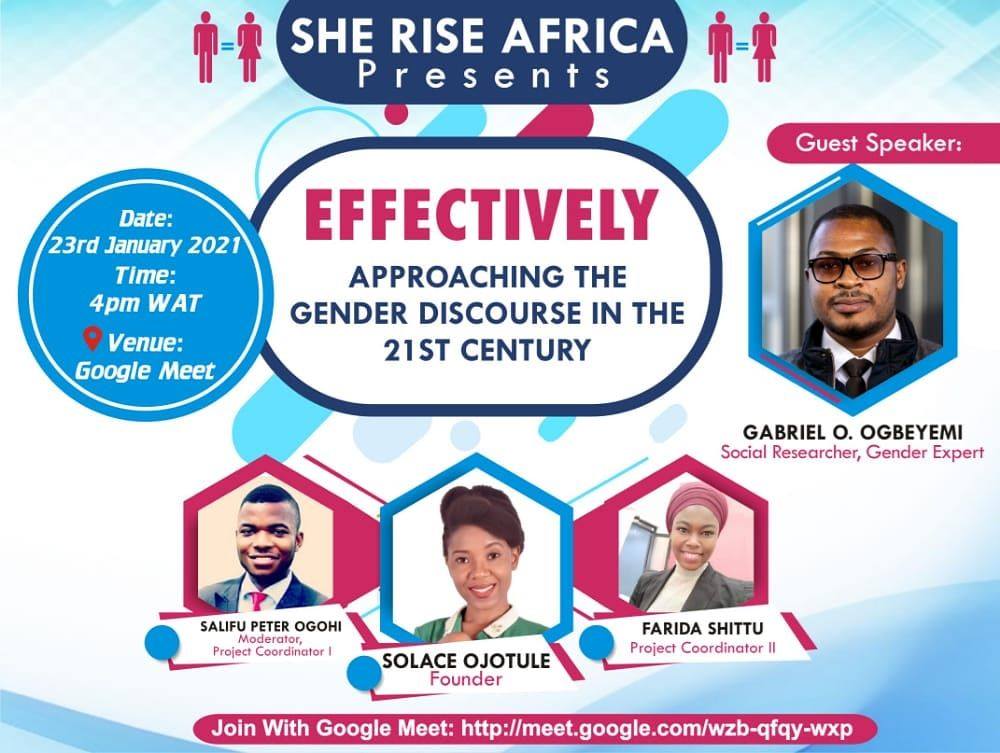
Effectively Approaching the Gender Discourse in the 21st Century
To ameliorate the socio-cultural barriers, in January 2021, EMTAG Foundation’s online activity tagged “Effectively Approaching the Gender Discourse in the 21st Century” was targeted at her volunteers and the general public. The sensitization featured a robust interaction on contemporary strategies stakeholders in girl-child development such as NGOs, social institutions and parents could take to eliminate all barriers facing the girl child’s equal access to all spheres of life including education.
7 Days of Activism on Teenage Pregnancy
In February 2021, EMTAG Foundation carried out a 7 days activism on teenage pregnancy. Targeted at young girl-children and invariably the boys, the sensitization dwelt on sex education. This was partly to address unplanned pregnancy which is one of the major barriers to uninterrupted education for the girl-child.
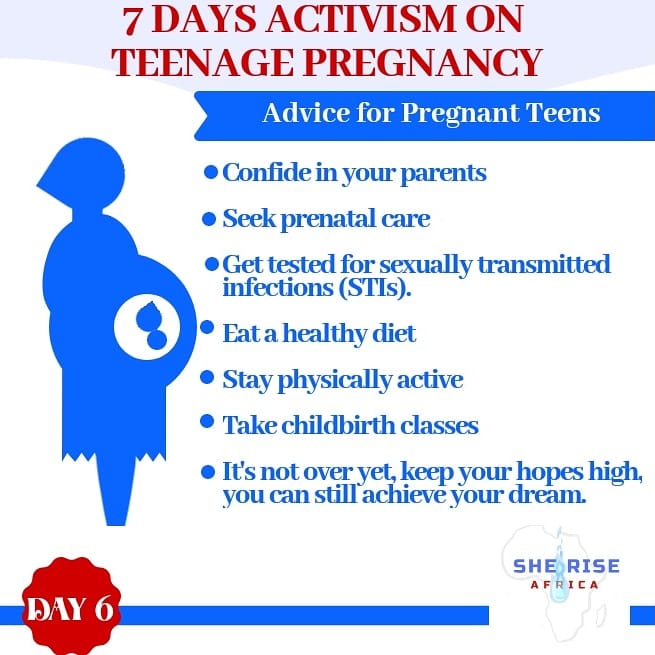
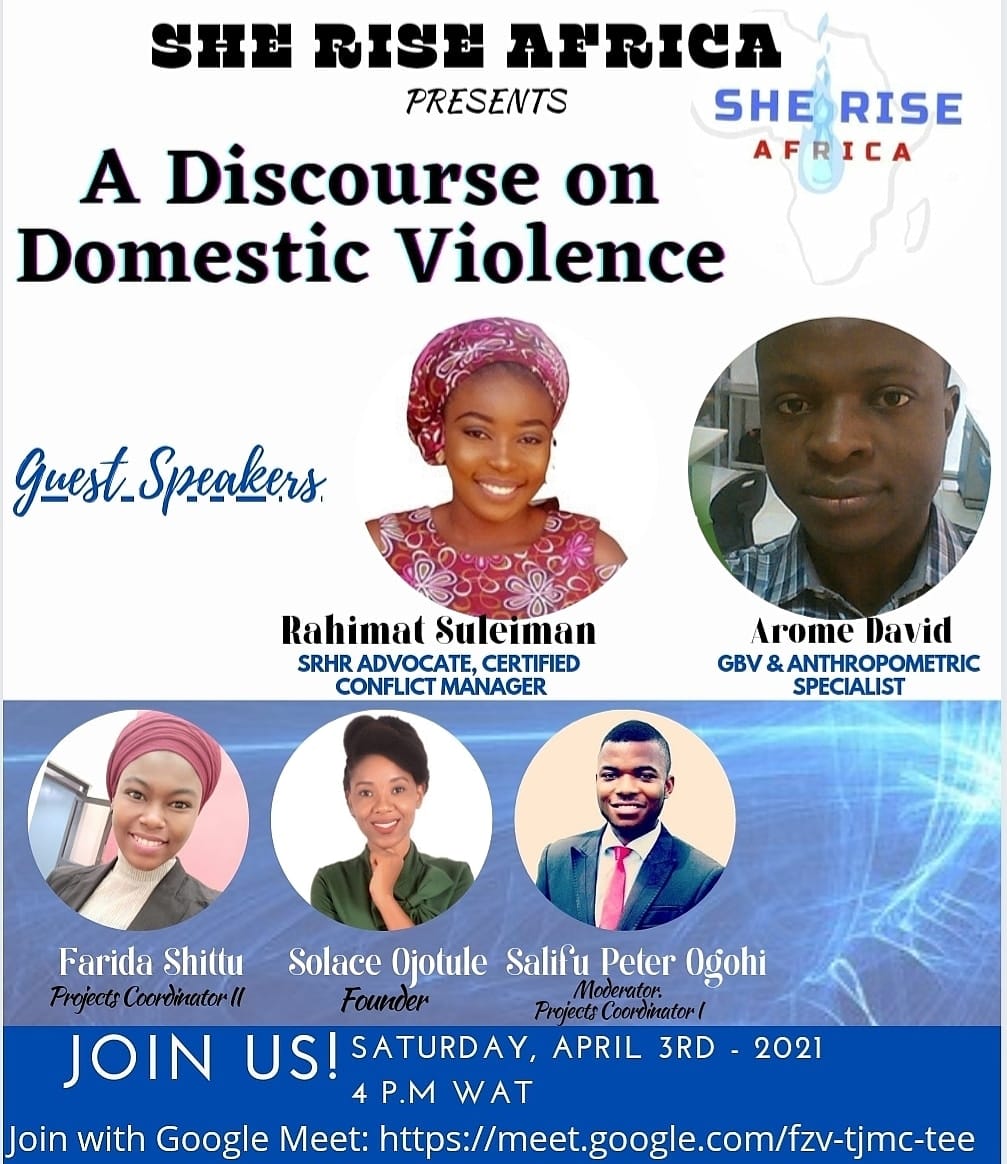
A discourse on domestic violence
In March 2021, a sensitization programme on Domestic Violence, Parenting, and early/forced marriage was facilitated by EMTAG Foundation. The aim of this session was to, among other things, enlighten parents on the physical and psychological effects of domestic violence on their children, the vulnerability of young girls who are forced into early marriage to violence, and ultimately how these could affect the social, psychological and consequently, educational development of their children. Significantly, the role of education for girl-children was a recurring theme in this session.